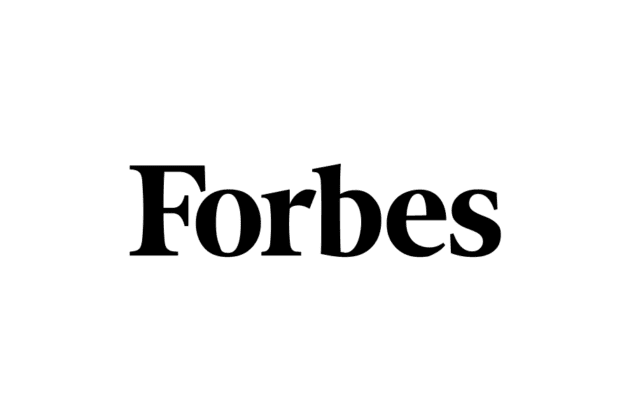Sandra Moran, Chief Client Experience and Marketing Officer at WorkForce Software, spoke with Forbes about Gen Z graduates entering the workforce and how they are prioritising personal growth and work-life balance, which is creating challenges for managers unprepared for these new expectations. Moran points out that Gen Zer’s— even those that take deskless jobs—are quick to leave jobs due to mismatched expectations, lack of work-life balance, rostering flexibility and because they expect to use modern technology at work and some companies don’t have that technology in place. She reminds Forbes readers that Gen Z was raised as digital natives. They are entering the workplace expecting easily-accessed information and personalised and modern software to help them perform their role —noting that businesses can become an “employer of choice” for Gen Z when they meet the evolving needs of the younger workforce—offering tech platforms and tools that foster trust and connection and promote continuous feedback and long-term Gen Z engagement.
Moran highlights that work-life balance impacts mental health and whilst some jobs offer more flexibility, other roles–like the deskless jobs that make up 80% of the workforce–require work to be done on-site and within a rostered shift. “Some workers prefer this predictability, in-person engagement and the opportunity for hands-on, on-the-job training,” she explains, “but others may be seeking roles that offer a less traditional roster.”
“Many companies–especially those in deskless industries–will have employees complete certain onboarding tasks through an app on their phones,” she asserts. “Using the right workforce technology is essential to making sure videos and onboarding content is clear, accessible and easy to complete. Think through everything an employee needs to learn during their first couple weeks and double-check that it’s covered by managers or through the software they are using to get up to speed.”
The Gen Z generation was raised as digital natives. They enter the workplace expecting easily accessed information and personalised and modern software to help them perform their role. Moran says they become frustrated by the lack of sophistication at work, arguing that businesses can become an “employer of choice” when they meet the evolving needs of the younger workforce–in other words, tech platforms and tools that foster trust, early feedback and long-term Gen Z engagement.




